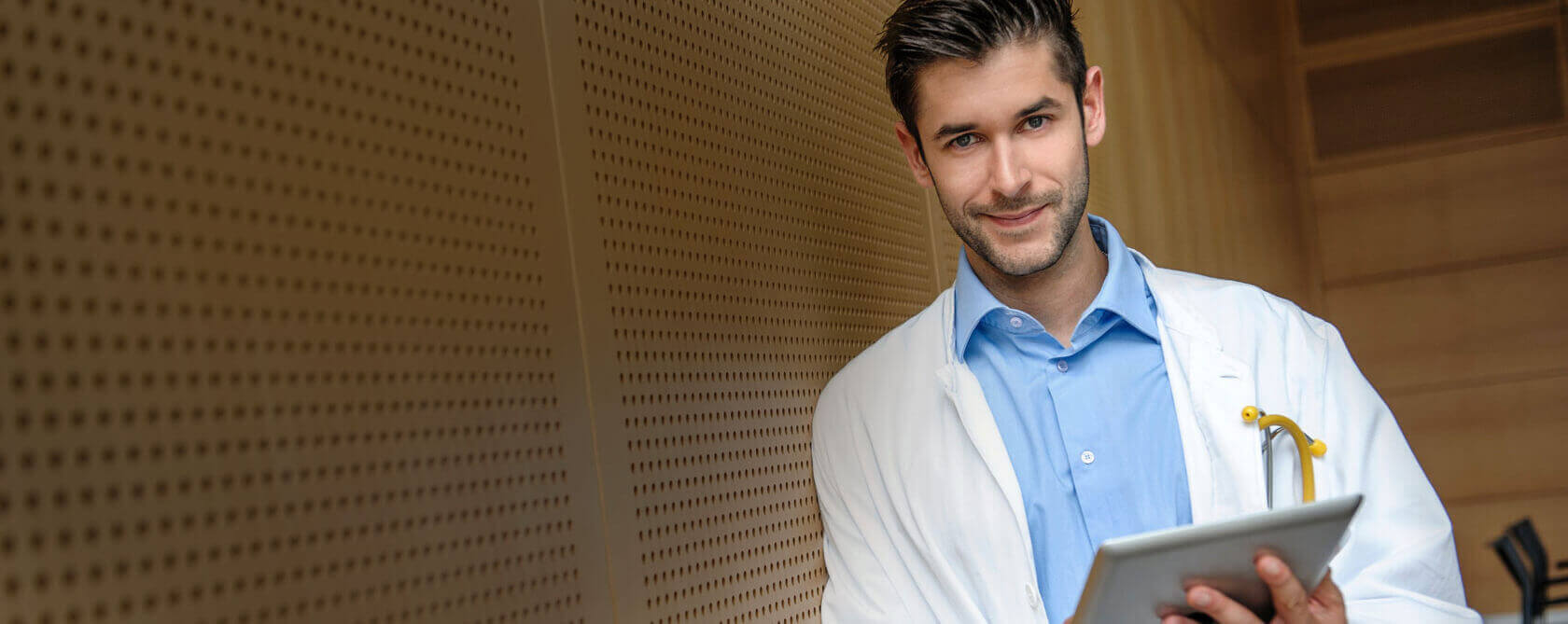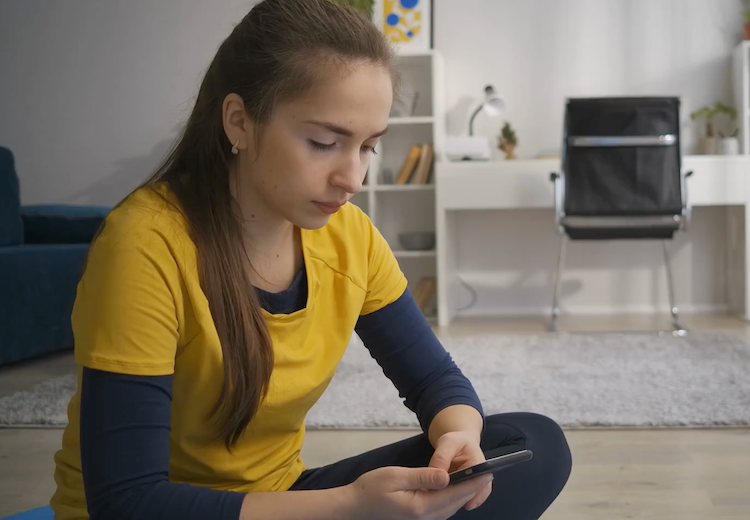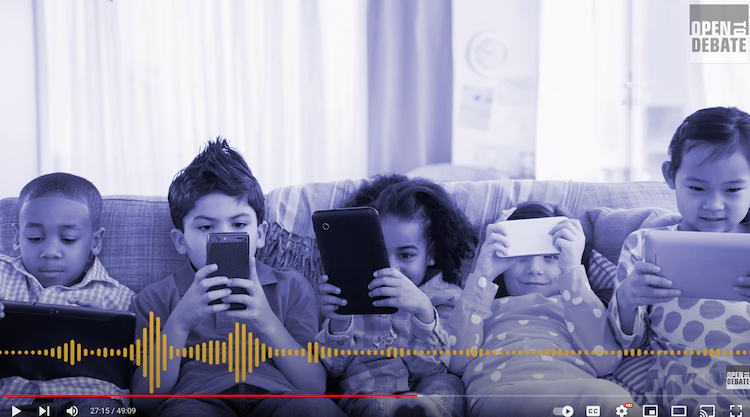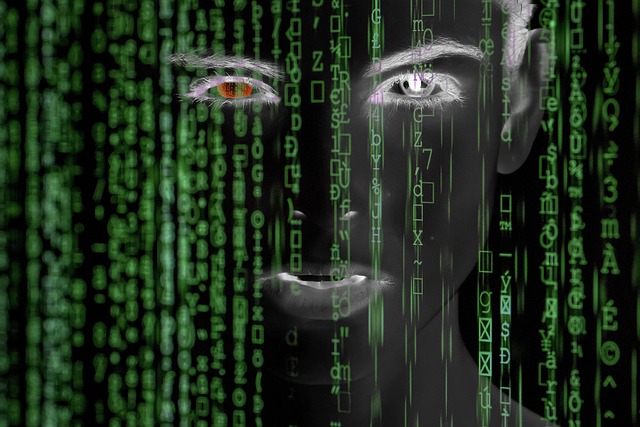In spite of all the media hype and moral panic, social media doesn’t appear to be a major contributor to the teen mental health crisis as is being claimed.
And simply saying that is likely to trigger a lot of moral indignation.
But what if social media is just an excuse and escape?
It’s easy for parents and the media to point the finger at the monsters of social media for the current mental health crisis, and social media certainly does own some of the blame.
But research tells a very different story. For example, a meta-analysis by Stanford of more than 200 studies on the connection between social media use and mental health in teens found near zero correlation.
The meta-analysis covered 226 studies, over 12 years, and more than a quarter of a million participants.
Lots of other similar studies, lots of interesting parallels, but no evidence of causation.
So why keep blaming social media when the research seems to point in other directions?
Social media companies are universally despised for all the other harm that they do, from distracting kids and teens from all the more important stuff they could be doing, to stealing and exploiting their most personal information, to their highly addictive and manipulative algorithms.
But if you go straight to the source, talk to the teens, you’ll get a much different response.
That social media is escapism. Escaping from what many of them perceive as a collapse of society around them, stressors that trigger many other contributors to mental ill-health, and leaving the endless and distracting loops of social media as the only easy means of escape.
The monster isn’t under the bed – instead, under the bed is the only way to stay safe, to hide from the monsters that are all around.
• Like the monster of climate change. Two thirds of teens say that climate and eco anxiety is very real for them.
• Let’s not forget school and community violence.
• Political and social division, and the country and even a world that feels like it’s on fire.
• Global wars, conflicts, pandemics, and diseases.
• The worry that college will be a waste of time now that AI is taking all the good jobs.
• Families facing growing financial and even food and housing insecurity.
History is rich with examples of how we accuse the next big thing of being harmful to the health of our kids.
Rock and roll, television, comic books, video games, punk rock, porn, Hollywood, the Internet, smartphones. Every generation seems to conjure up its own demons, and often with no other purpose than to distract from the real blame.
And the real harm. And the real harm from social media to our teens might not be mental health but brain health. Stay tuned.



